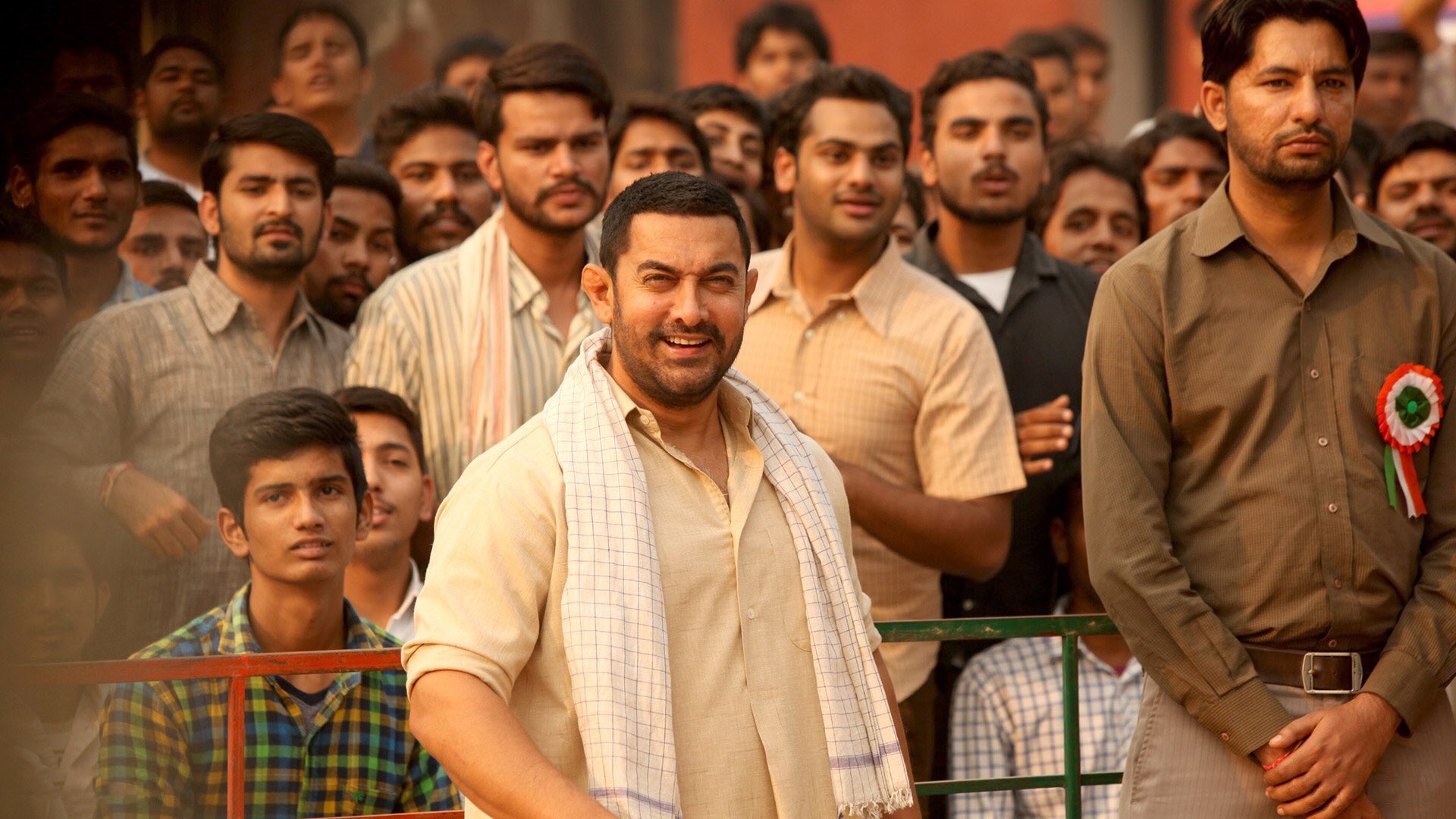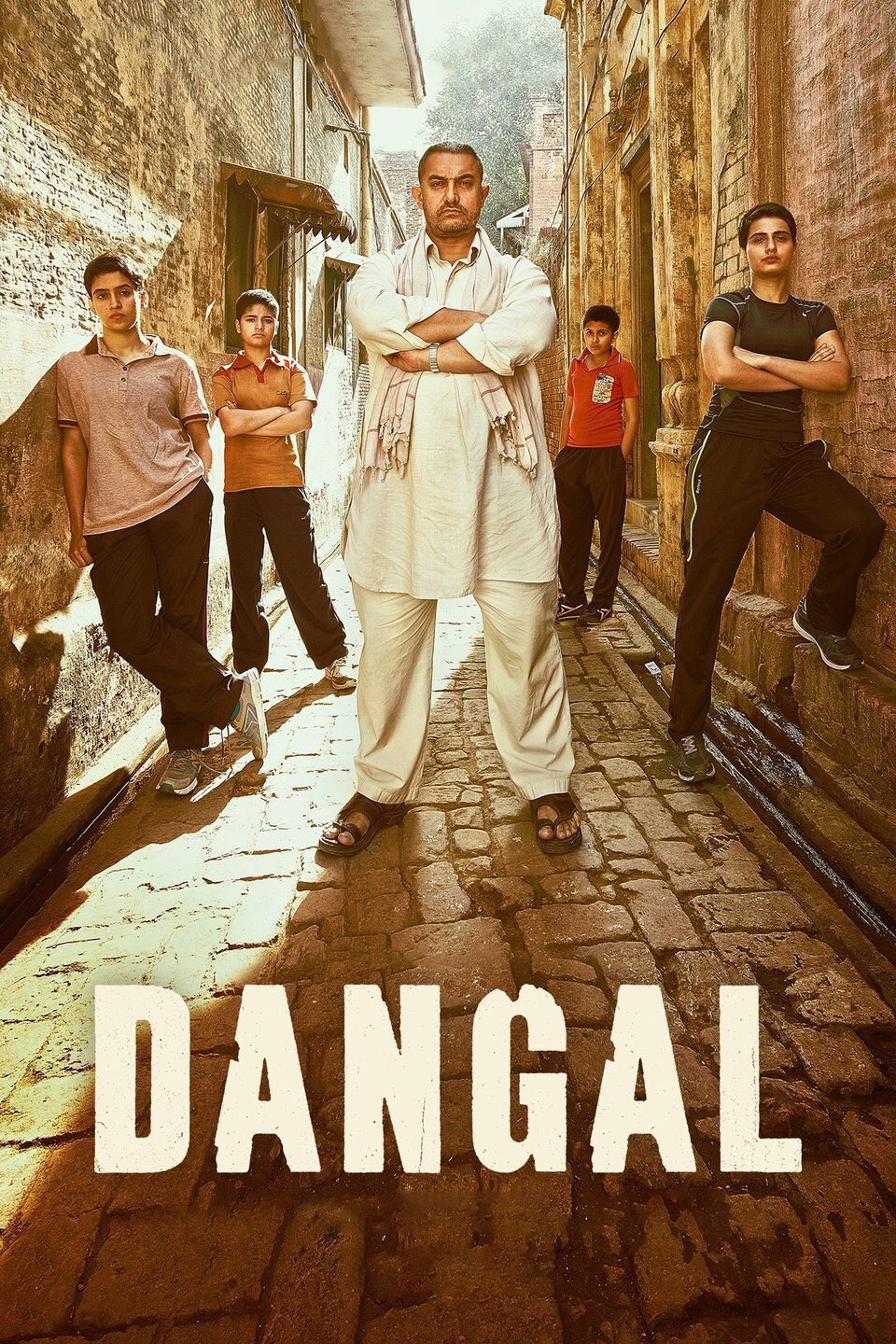- By Sidhi Agarwall
- Tue, 28 Oct 2025 05:06 PM (IST)
- Source:JND
Back To Classics: The 2016 film Dangal quietly flipped the script on gender and sport in India without big megaphones or theatrical protest. At a glance, it’s a sports-drama, rooted in the real-life journey of wrestler Mahavir Singh Phogat and his daughters. But beneath the wrestling mats and medal dreams, the film challenges entrenched notions: that women don’t belong in certain arenas, that sport is a man’s business and that ambition for girls is somehow different.
Set in Haryana, where a patriarchal worldview often places a daughter’s future in marriage rather than medals, Dangal presents a father who, reluctantly at first, realises his daughters possess the same potential as any son. The story begins with Mahavir, once an amateur wrestler himself, who renounces his own dream after giving up a wrestling career for a stable job. When his daughters Geeta and Babita prove their mettle by beating boys in a local challenge, he sees an opportunity that they might carry his dream further. What’s remarkable is how the film doesn’t treat this as just a step-one in women’s empowerment. The act of training in shorts, running with boys, wrestling with men, all appear as transgressions.

Dangal movie was released in theatres on 23rd December 2016 (Image: X)

Dangal movie starred Aamir Khan, Fatima Sana Shaikh, Sanya Malhotra, Sakshi Tanwar, and Zaira Wasim. (Image: X)
At the same time, Dangal film refuses to scream its message. There are no loud feminist manifestos or overt slogans. Instead, the shift in mindset is shown through action: the girls’ bodies become sites of change, the mud pit becomes a space previously denied to them. Yet Dangal also acknowledges the constraints. The father still holds power; the girls don’t solely choose to wrestle. Some critics point out the tension between empowerment and control. The girls’ success is partly framed through the father’s dream and societal validation rather than independent agency. The film also helped normalise women in contact sport in India. One commentary noted how the presence of women in wrestling arenas challenged the idea that only male bodies can have power in that space.
Recommended For You
Also Read: What If Dil Chahta Hai Was Made In Today’s Gen Z Instagram Era?
In sum, Dangal didn’t feel like a protest film. It wasn't loud. It didn’t seem to be made to comfort the audience, but to challenge without screaming. Dangal starred Aamir Khan as Mahavir Singh Phogat, with Fatima Sana Shaikh (as Geeta) and Sanya Malhotra (as Babita) in pivotal roles. Based on real events, it performed enormously at the box office, becoming one of India’s highest-grossing films globally. Critics praised its emotional authenticity, performances, and the way it weaved social commentary into a commercial framework. While some observed that it still placed the father-figure front and centre, the broader impact of showing women in a sport-space long reserved for men gave Dangal both critical and cultural significance.





